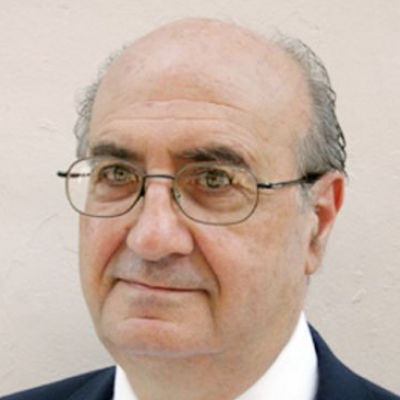I Cry For You, Argentina
Why will the recent death of former President of Argentina Néstor Kirchner only make things more difficult for his wife, current president Cristina Kirchner?
October 29, 2010
As Argentina's president, Cristina Kirchner has made, or condoned, serious mistakes on several fronts. Among them, using rough personal tactics, government officials have dismantled the INDEC (National Institute of Statistics and Censuses) of its technical staff and replaced them with those loyal to the government.
As a result, that institution has lost all credibility. According to Argentina's government, inflation in 2009 was below 8%. However, according to independent economists and consumer groups, inflation ranged between 15% and 18% during that same year.
This doesn't faze the president, who continues to insist that Argentina has a phenomenal economic growth rate. The astronomical raise in subsidies for poor families, however, belies her assertions.
In a country well-known for its usual paternalistic culture, Mrs. Kirchner has taken that paternalism to extremes. Work ethics, an essential component of the social fabric necessary for a country's development, are rapidly being eroded.
Mrs. Kirchner has also developed a confrontational style of government. As with many authoritarian leaders, she states that he who is not with her is against her — and is to be treated accordingly.
She has surrounded herself with a coterie of sycophants who seem to isolate her from reality. One of her ministers attends some meetings with a gun, which he ostentatiously places on top of a table before starting the discussion. She doesn't seem to realize that people are increasingly against her policies and condemn her imperious behavior.
While Mr. Lula, Brazil's president, incorporated 30 million poor into the middle class through his economic policies, more than 25% of Argentines live below the poverty line. That situation has been sharply criticized by Cardinal Jorge Bergoglio, Buenos Aires's Archbishop, the Catholic Church's highest authority in Argentina.
"We are noticing a situation of dramatic poverty and unemployment," said Cardinal Bergoglio in 2009. "More and more people are sleeping in the streets, and they have become disposable materials," he added. Cardinal Bergoglio's words followed a message by Pope Benedict XVI to the Argentine government demanding action to combat "scandalous poverty."
"There is no other country with such social regression, such social shame," stated Bernardo Kosakoff, director of the United Nations Economic Commission for Latin America and the Caribbean in Argentina.
I can easily believe this statement. As I write this, I am seated at a popular restaurant in Buenos Aires. Through the window I see a very old woman bent under the weight of the largest plastic bag I have ever seen full with garbage, which she collects from garbage cans placed on the street.
This is happening at the same time that the Kirchners’ personal fortune is increasing at outrageous levels. The Anti Corruption Bureau is conducting an investigation into alleged malfeasance by President Cristina Fernández de Kirchner, after a sworn statement by the president and her former husband stated that their assets had grown 158% in a year.
While quite "efficient" in managing their own financial affairs, the Kirchners have failed to create the conditions for Argentina's future development.
With the death of former president Néstor Kirchner, whom many people believed was the real power behind the throne, Mrs. Kirchner has the opportunity to change policy and exert her own mark in Argentina's government. The country desperately needs it.
Takeaways
While quite "efficient" in managing their own financial affairs, the Kirchners have failed to create the conditions for Argentina's future development.
As with many authoritarian leaders, Mrs. Kirchner states that he who is not with her is against her.
While Brazil's president incorporated 30 million poor into the middle class, more than 25% of Argentines live below the poverty line.
